
The Year of the Wood Dragon has arrived, and if you’re a Tiger, you might be wondering how it’s going to impact your life. So, let’s dive right in and explore what’s in store for you, covering love and romance, career and finances, spiritual and karmic effects, and some Feng Shui remedies to enhance your luck and prosperity.
Love and Romance
If you’re a Tiger, the Year of the Wood Dragon promises to be an exciting year for your love life. Dragons are known for their passion and energy, and this year will bring a sense of adventure and enthusiasm to your romantic endeavors.
For Tigers, who are known for their independent and dynamic nature, the Wood Dragon year can be a time to explore your passions and connect with like-minded individuals. This is the year to be bold and follow your heart.
When it comes to compatibility, Tigers often find harmony with signs like the passionate and dedicated Horse, and the charming and charismatic Dog. These signs can complement your fiery and adventurous personality, making them potential matches for love and romance. So, if you’re single and looking for love, keep an eye out for these signs.
For those who are already in a relationship, this year offers an opportunity to add some spice and adventure. Plan exciting dates and try new things together. The energy of the year will help you reignite the spark in your relationship.
However, if you’re facing challenges in your love life, remember that every year comes with its ups and downs. If you’re dealing with relationship issues, it’s essential to communicate openly with your partner. Seek compromise and understanding, and remember that growth often comes through challenges. This year can be a turning point in your relationship, so work together to make it a positive one.
Career and Finance
The Year of the Wood Dragon holds exciting prospects for your career and finances, Tiger. Your dynamic and ambitious nature can shine in this dynamic year.
The energy of the Wood Dragon encourages ambition and the pursuit of new opportunities. If you’ve been contemplating a career change, promotion, or starting a new business, this could be the perfect time to take the plunge. Your adventurous spirit will drive you to achieve your career goals.
Financially, Tigers can expect growth this year. However, it’s crucial to make informed investment decisions and be cautious with your finances. Tigers often find financial support in individuals born under the Horse and Dog signs, similar to love compatibility. Collaborating with them can lead to shared opportunities and enhanced financial prospects.
Remember that success often comes through hard work and perseverance. So, stay focused, work diligently, and be open to new ventures.
Spiritual and Karmic Effects
The Year of the Wood Dragon encourages personal growth and self-discovery. As a Tiger, your adventurous spirit can thrive in this energy.
Trust your instincts and explore your passions and interests. This is a year to seek a greater understanding of your life’s purpose and nurture your spiritual side. You might find that taking up a new hobby, pursuing a creative outlet, or engaging in physical activities aligns with your karmic path.
The Wood Dragon represents the balance between yin and yang energies, symbolizing equilibrium. Tigers sometimes lean towards the yang side, which signifies action and excitement. This year, remember the importance of finding balance in your life, both spiritually and emotionally.
Acts of kindness and generosity can have a significant impact on your spiritual growth. Consider volunteering, helping others, or contributing to charitable causes. These actions not only benefit those in need but also enhance your own spiritual journey.
If you find the year’s energy overwhelming, consider practices like meditation, yoga, or spending time in nature to find inner peace and balance.
Feng Shui Remedies:
To enhance your luck and prosperity this year, consider some Feng Shui remedies:
Lucky Colors
Incorporate the lucky colors for Tigers into your surroundings – blue, gray, and white. These colors can attract positive energy and enhance your well-being.
Dragon Symbols
Incorporate dragon symbols or imagery in your decor. The dragon is a powerful and auspicious symbol in Chinese culture, and it can bring luck and prosperity.
Red Decor: Add red accents or decor in the south area of your home to activate your fame and reputation luck.
Red Agate Jewelry: Wearing red agate jewelry, especially bracelets or necklaces, is believed to bring good luck and protection to Tigers.
Conclusion
The Year of the Wood Dragon promises exciting opportunities for Tigers in love, career, and finances. Embrace your adventurous and dynamic nature, nurture your relationships, and pursue your ambitions with enthusiasm. Explore your spiritual side and seek balance in all aspects of your life. With these Feng Shui remedies, you can enhance your luck and prosperity, making the most of this dynamic year.














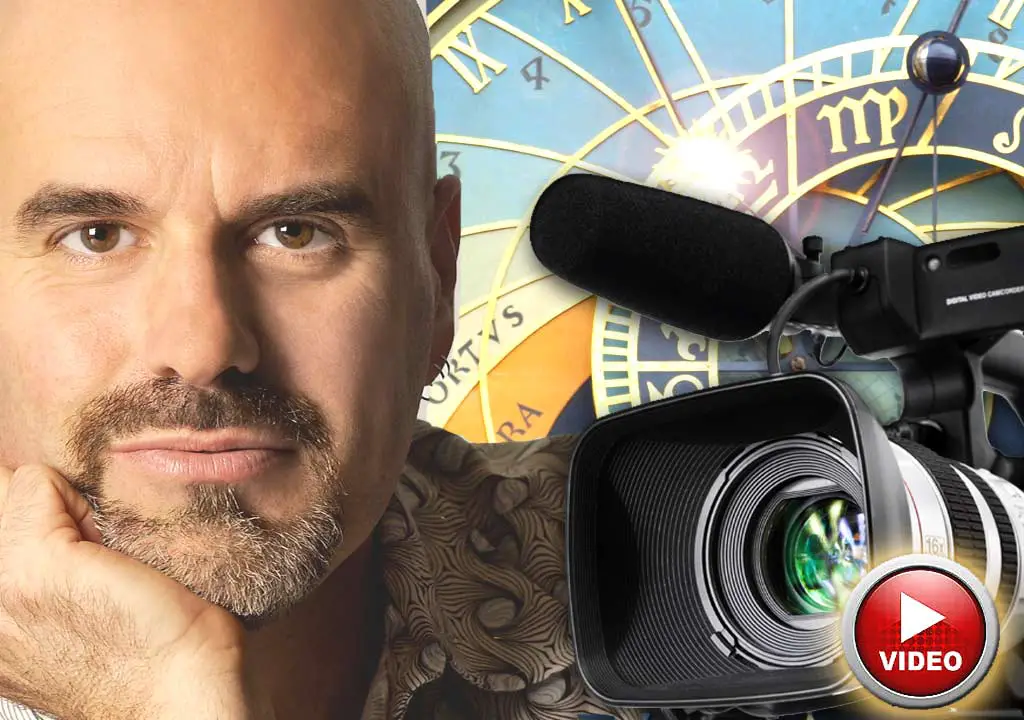





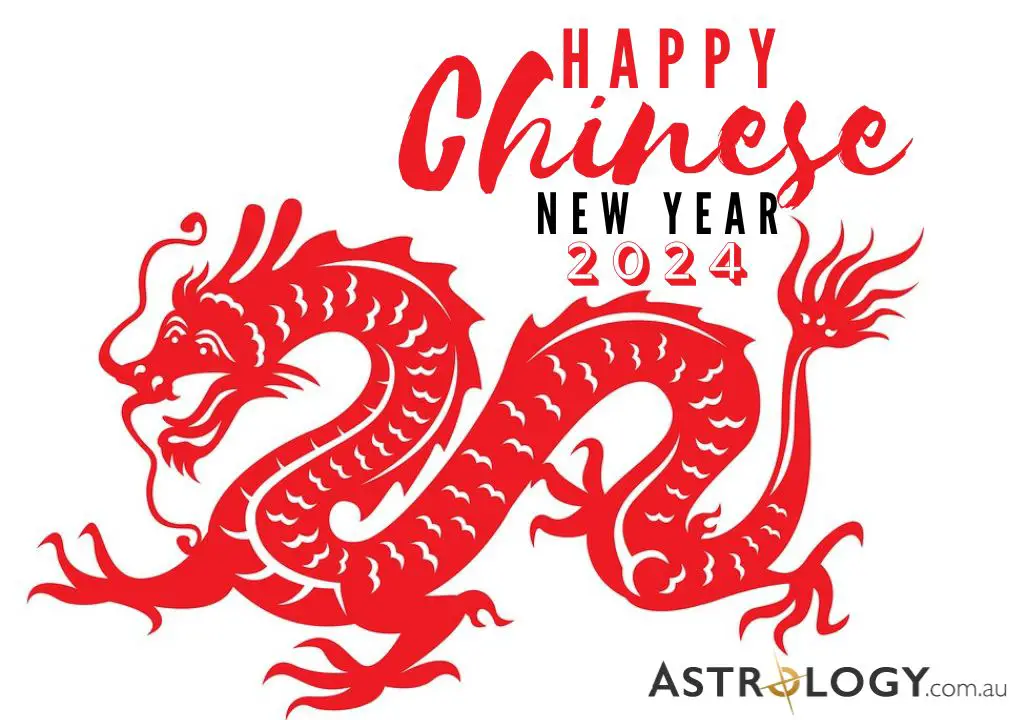
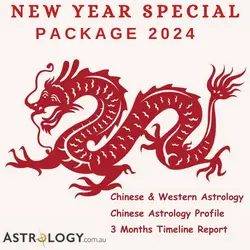







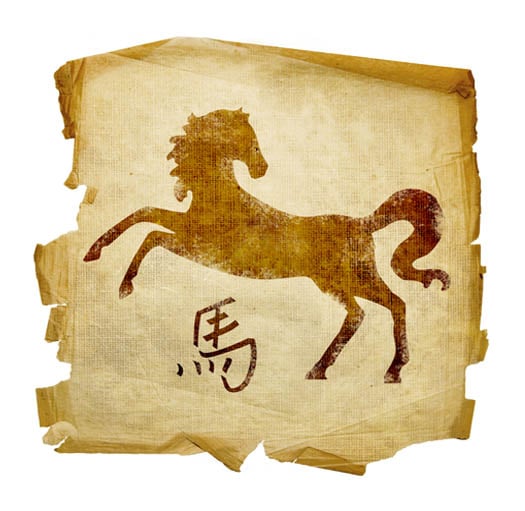
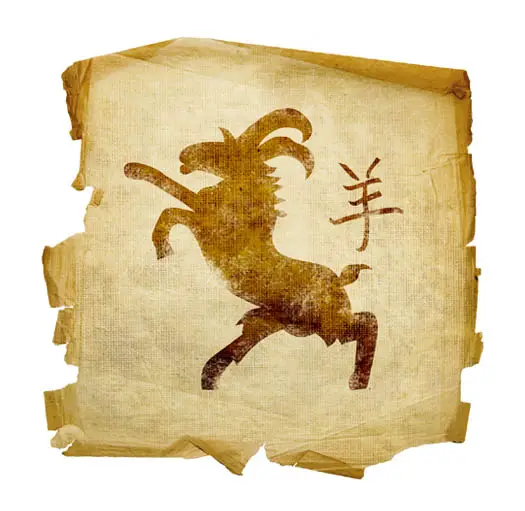









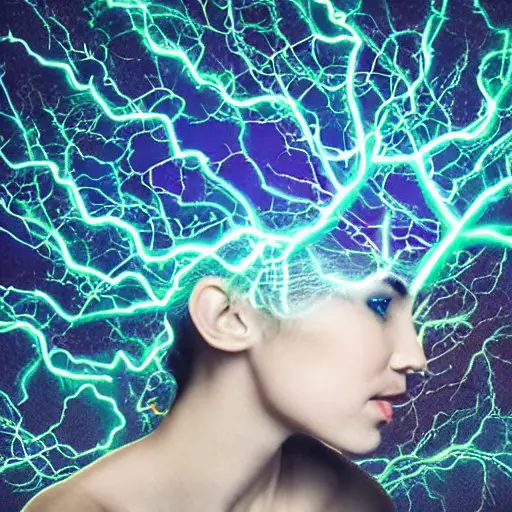
 . If you can fast till sunset with some light fruit juices or soup, you’ll notice a restructuring of your energies over a few months.
. If you can fast till sunset with some light fruit juices or soup, you’ll notice a restructuring of your energies over a few months. Dadhichi Toth
Dadhichi Toth


 Similarly, Pluto is often linked to power, transformation, and intensity but can also manifest as manipulative, jealous, and paranoid. In extreme cases, these traits could indicate borderline personality disorder (BPD) or narcissistic personality disorder (NPD).
Similarly, Pluto is often linked to power, transformation, and intensity but can also manifest as manipulative, jealous, and paranoid. In extreme cases, these traits could indicate borderline personality disorder (BPD) or narcissistic personality disorder (NPD). For example, let’s take a closer look at the sign of Scorpio. Scorpios are known for being intense, passionate, and private. They have a reputation for being fiercely loyal to those they love and being jealous and possessive. These traits could indicate a personality disorder such as BPD or NPD in extreme cases.
For example, let’s take a closer look at the sign of Scorpio. Scorpios are known for being intense, passionate, and private. They have a reputation for being fiercely loyal to those they love and being jealous and possessive. These traits could indicate a personality disorder such as BPD or NPD in extreme cases.